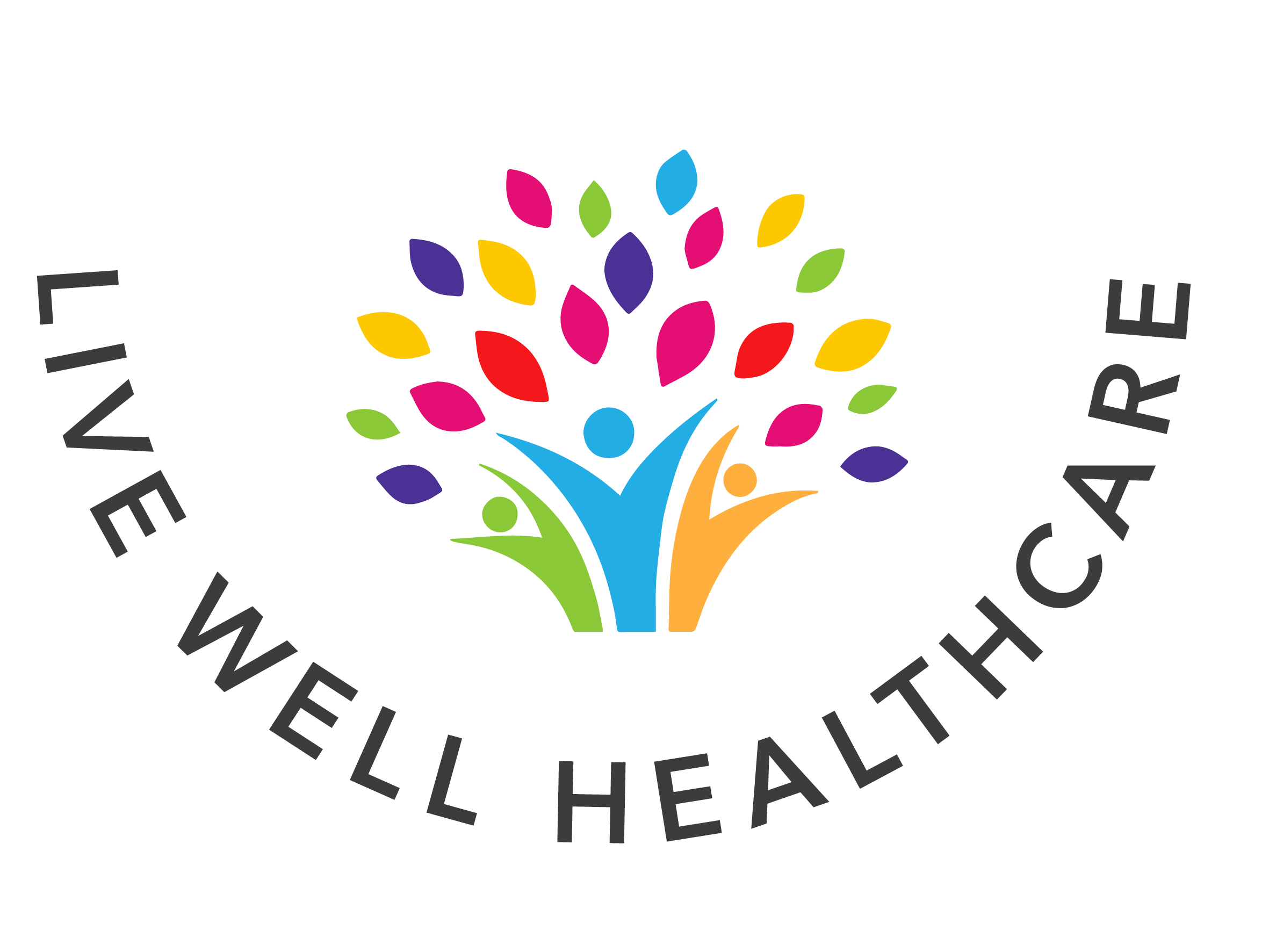Introduction
From 6 July 2020, further relaxation of rules mean that you may:
- Form an exclusive extended household with one other household, including the ability to stay in that other household overnight.
- Travel beyond your local area for any purpose.
These are the latest in a number of relaxations of the Coronavirus Regulations. The Welsh Government is considering making further changes to the regulations over the coming weeks, which include enabling self-contained accommodation to re-open from 11 July and re-opening bars and restaurant outdoors from 13 July – these changes will be subject to the outcome of the next review of the regulations on 9 July.
We are able to relax the restrictions as the spread of the virus has slowed in Wales and the number of new cases of the virus continue to fall. But coronavirus has not gone away. We must all continue to protect ourselves and our loved ones and keep Wales safe.
We are asking people to consider what not just what they can do – what the law allows them to do – but what they should do – what is the right thing to do to minimise the spread of coronavirus. This advice will help you understand how to reduce the risk of catching and spreading the virus.
Leaving your home
Coronavirus is spread by droplets in breath and from the mouth and nose. This means close contact with others, in particular face-to-face contact, is most likely to cause infection. The virus can live on some indoor surfaces for days and may be spread by people touching those surfaces. The virus is much less likely to be spread outside, although this depends in part on the weather conditions. The virus dies quickly in the summer sun.
Before leaving your home you should plan how you will keep safe and minimise risk. Frequent handwashing and the use of hand sanitiser gel remains important, as is social distancing. You should also be mindful of whether you will be indoors or outside.
But even outside there are still risks in places used by many people, or where they may congregate, such as gates and stiles on footpaths, cafes, public toilets, petrol pumps, pay and display machines, doors, furniture and cash machines.
Outdoor attractions
It is important crowds, anti-social behaviour and illegal gatherings are prevented – as these could help to spread the virus.
We are advising people to avoid places where many people tend to come together. Many popular car parks will either stay closed or have strict limitations on their use. Car parks near beaches and tourist sites, and within national parks, in particular may be closed. Car parks may also have reduced opening hours and reduced capacity. Other local parking restrictions or road closures may also be in place.
Seeing people from other households outdoors
You can meet outdoors with people from one other household at a time, and this may include an extended household. This includes meeting in private or shared gardens, or any other privately owned outdoor spaces such as balconies or outdoor walkways in a block of flats, as long as there is enough space to maintain social distancing between households.
For these purposes, carers – both unpaid carers and care workers – can act as if they were members of a household. If, for example, two extended households are meeting and one person in each extended household has a carer, those carers could also be part of a gathering between the two households.
However, gatherings outdoors, which include members of more than two households (or more than two extended households) are still illegal, and you can be fined or prosecuted for participating in such a gathering.
Visiting people indoors
Coronavirus spreads much more easily indoors, because it can survive in the air and on surfaces for a very long time without direct sunshine.
Welsh law imposes restrictions on people gathering indoors with others without a reasonable excuse. This means people should not generally enter each other’s homes outside their extended household.
Caring for others
The main exception to this general rule is that you can enter people’s homes or let people into your home to provide care or to help someone who needs it, such as an older person, a child or a vulnerable adult. This covers any form of care, provided by any person, to somebody who is vulnerable.
Whether somebody is “vulnerable” follows the ordinary sense of the word but the regulations make it clear that this includes any child and (due to the specific nature of coronavirus) any person who is 70 or older or those who have one of a number of underlying medical conditions. It is also reasonable to take food and other supplies to a vulnerable person.
However, although caring for a vulnerable person is allowed, if somebody is considered to be at risk from the effects of coronavirus, you should take this into account before going to see them, especially if they are shielding. It is vital that the risk of spreading coronavirus is minimised in such situations.
Compassionate grounds
Even for non-carers, if there are compassionate reasons for visiting someone, you may still have a reasonable excuse to see people outside your extended household indoors.
You may have compassionate reasons for visiting someone where that person is struggling with the lockdown generally or they may be suffering from a physical or mental illness, have suffered a bereavement or you may be concerned about their general wellbeing or welfare.
Other examples of things that may be allowed, include visits to people living or staying in care homes, in supported living services, or in children’s homes or young offender institutions. In each case, the service provider will need to put in place appropriate social distancing and safety measures before allowing visits, and you should contact them before travelling.
Other indoor activity
Other reasonable excuses for gathering indoors with people outside your extended household if needed include:
- For work, though all those who can work from home must continue to do so wherever reasonably practicable
- To visit health services, including veterinary services
- To help the NHS by donating blood
- To avoid injury or illness, or escape a risk of harm
- As part of a visit to a cemetery, burial ground or garden of remembrance to pay your respects
- To attend a funeral if you are organising it, are invited by the person organising the funeral, or are the carer of a person attending the funeral
- To attend marriage or civil partnership ceremonies.
Where you do need to be indoors for any of these purposes, it is very important you follow guidance on social distancing and face coverings. You should also continue to wash your hands frequently or use hand sanitiser gel.
Specific guidance is available on workplaces and the responsibilities of employers and employees.




